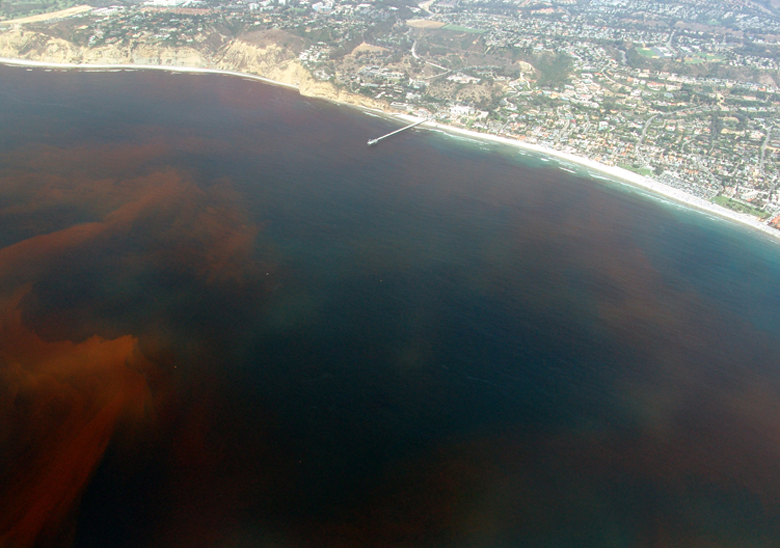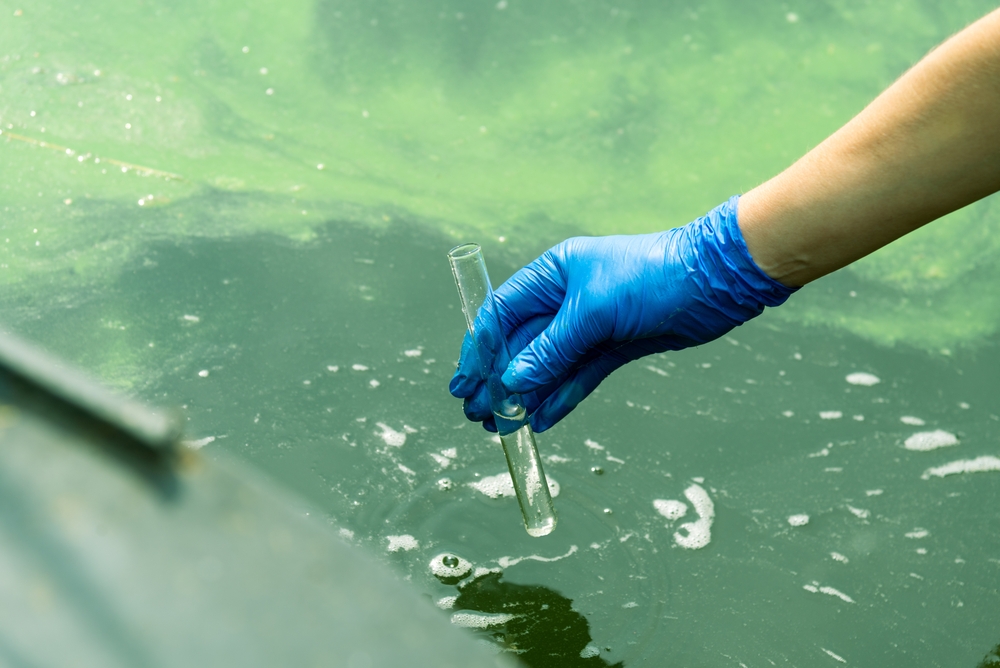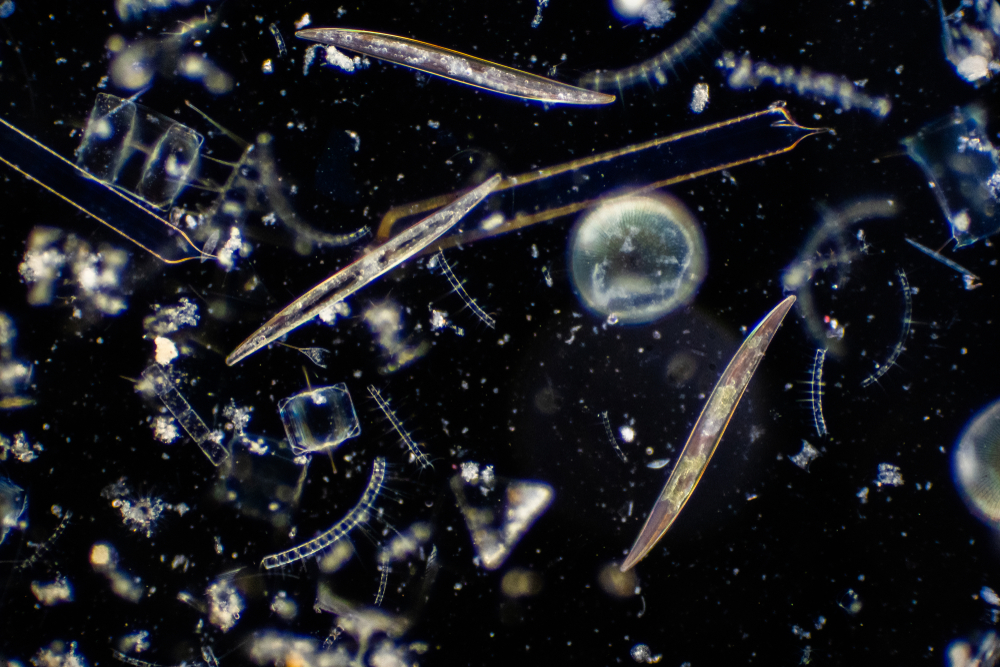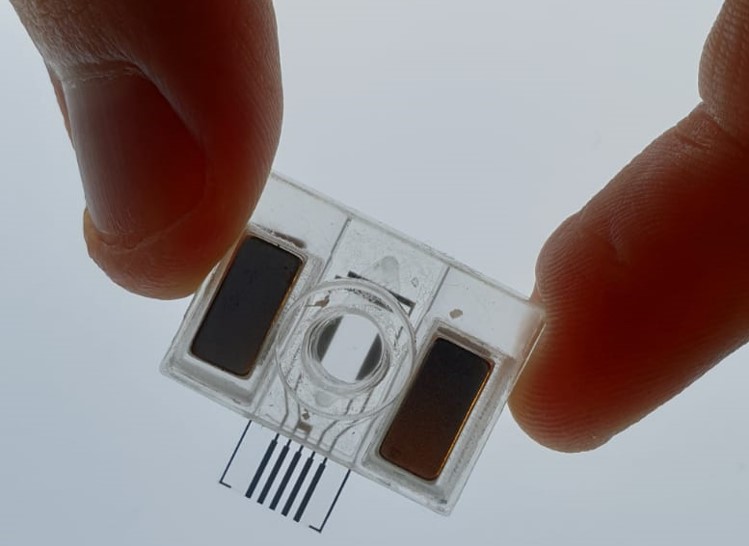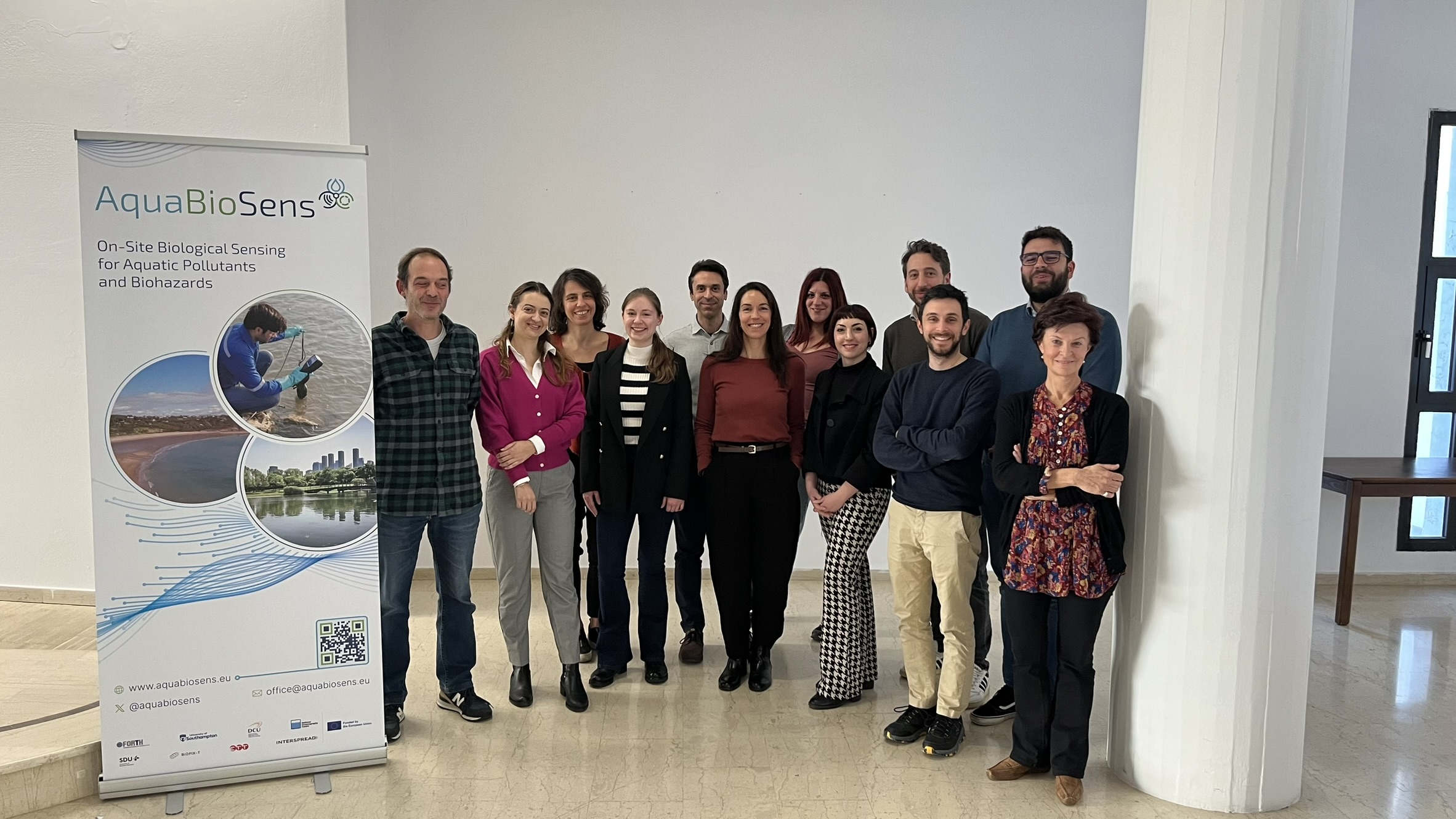Early Warning for Toxic Waters: AquaBioSens Advances Algal Bloom Detection
Harmful algal blooms (HABs) are an escalating environmental and public health concern globally, affecting marine ecosystems, fisheries, and water quality. At AquaBioSens, we are wo
How AquaBioSens Will Maximize the Impact of Its Innovative Solutions
Developing handheld devices to monitor aquatic hazards and pollution represents a significant advancement in tackling water-related challenges. However, the true value of these too
On-site Detection of Contaminants with Portable Device
The paper “Portable Device for Dual Detection of Fluorescence and Absorbance for Biosensing or Chemical Sensing Applications” [1] discusses the development of a compact
Bioengineered phytoplankton for heavy metal pollution detection
How can bioengineered phytoplankton make water quality monitoring more effective? Detecting and measuring heavy metals (HMs) in water typically involves lab-based analysis of sampl
How Molecular Sensors could alleviate the cost and delay of water quality analysis
Natural water systems are regularly subject to contamination with harmful microorganisms. Sometimes these are natural events that propagate for a short time and subside. However, i
Technological developments for New Approach Methods (NAMs) in Environmental Risk Assessment
The recent New Approaches Methodology (NAMs) Network launch event [1] at the National Centre for the Replacement, Refinement and Reduction of Animals in Research (NC3Rs) offices in
AquaBioSens Kick-off Meeting – January 26th, 2024
The AquaBioSens kick-off meeting has successfully taken place in Crete, Greece on the 26th of January. During the meeting, the partners introduced themselves, their expertise as we



